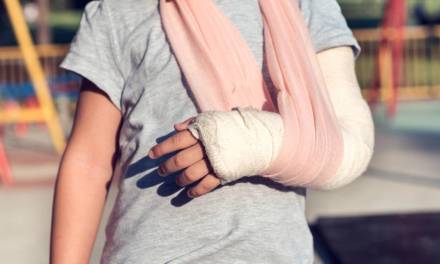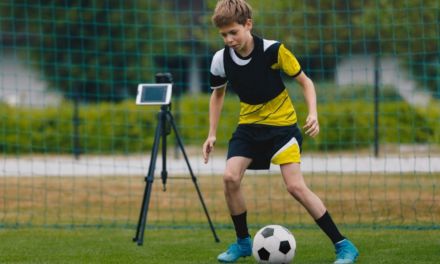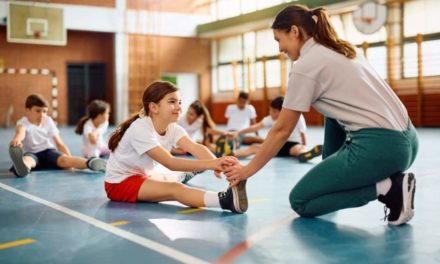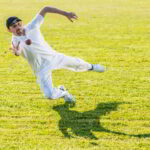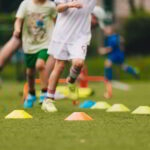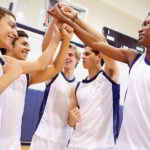Sports injuries do happen. Most of the time this isn’t a problem and kids especially bounce back quickly and easily. Sometimes, however, it can be more serious, resulting in an extended absence from sport and even school.
Enforced periods of inactivity are frustrating for any youngster, but particularly for those who are used to taking part in sport. An injured student may well turn to you for advice and support.
Be patient
Recovering from an injury takes time. Explain this to a frustrated student, emphasising the need to rest to allow the body to heal itself.
Acknowledge how infuriating this can be – it’s surprising how encouraging it can be simply to have somebody in authority recognise this.
Keeping occupied in other ways will help. You could set assignments that require research into a pupil’s favourite sport and get them to report back.
Even younger students can set up a blog, while teenagers could be encouraged to design and build their own website. There are plenty of free resources out there, including Blogger and WordPress, and you could enlist the help of your IT department.
Rebuild fitness slowly
Once a student is back to being active, it’s important to take things slowly and to work closely with any healthcare professionals. Walking and swimming are gentle exercises that can be built on.
We recover by pushing ourselves, but at the same time overdoing it can lead to further complications, so it’s important to listen to the patient; they’re often the best person to judge how far they can go.
Encourage an atmosphere of openness and honesty. If a student knows that their opinion will be heard they’re more likely to tell the truth about their condition, whether that’s ‘I can’t do this yet’ or ‘I can do more’.
Eat well
The right nutrition is absolutely essential to rebuilding muscle and not piling on weight while training is off the cards. The simplest advice is to increase protein and decrease carbohydrates.
Plant-based proteins are good as they’re lower in fat and cholesterol. So lots of lentils, beans and pulses. Dairy is good for building lean muscle, so adding a bit of cheese or yogurt to meals is a plus.
Pain management for sports injuries
Chronic pain can be very disheartening, especially for younger patients. Mindfulness has been shown to help sufferers deal with pain, and any attendant depression (try the meditation embedded at the end of this article).
Ginger and turmeric are known to have anti-inflammatory properties and help with pain relief – they also add great flavour to food! It’s also very important to drink lots of water.
The most important – and often hardest – thing is to say positive, and hopefully following these tips will help any young patients do exactly that.
I hope you don’t have to use this advice – or at least not too often. Having recovered from a serious sporting injury myself, though, I know it does work. Good luck and please do share your tips for recovering from injuries in the comments below.
Meditation for pain relief
Rebecca has been a writer and editor for almost 20 years. She writes on a huge range of subjects, concentrating on sport, nature, mental health, and crafts.

